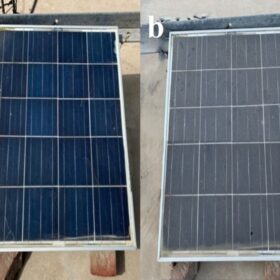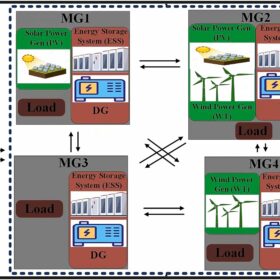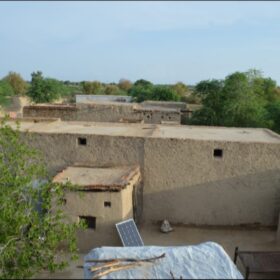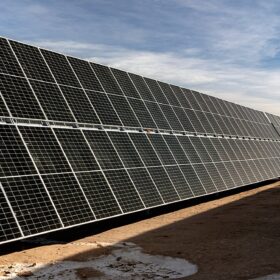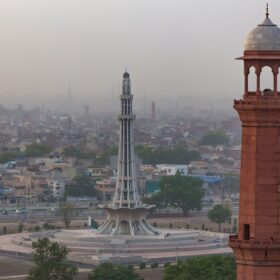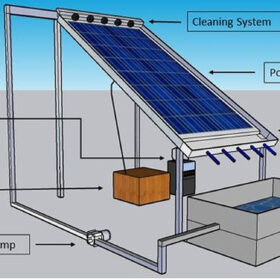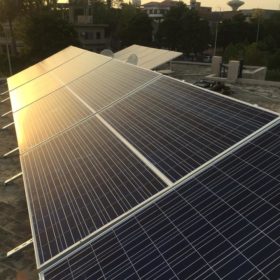New research shows impact of dust on PV module temperature, performance
New research from Pakistan shows that dust could reduce PV panel performance through the shielding effect and the “dust-temperature” phenomenon. The scientists tested two PV systems in different parts of the country.
Energy trade model for interconnected renewable microgrids
Scientists from China proposed a new method for energy trade optimization between interconnected microgrids and the main utility grid. The novel approach utilizes particle swarm optimization and gravitational search algorithms with Nash Bargaining.
New research sheds light on off-grid solar costs in remote villages
An international research group has assessed the economic feasibility of exclusively powering remote villages in Pakistan with off-grid solar-plus-storage projects. They said that their proposed system configuration has a “justifiable” net present cost.
Novel algorithm for ultra-short term forecast of PV system faults
A research group in Pakistan has developed a PV system fault forecasting technique that can reportedly detect faults at the inceptive stage. The scientists claim their new algorithm is able to extract cell parameters and use the data to forecast fault conditions.
Pakistan re-tenders 600 MW solar PV project
The Pakistani authorities have once again tendered a bid to develop 600 MW of solar capacity in Punjab, Pakistan. The government is now telling prospective developers that they have until Oct. 30 to submit proposals.
Researchers claim PV near railway tracks is technically feasible
Despite soiling and mechanical stress, PV deployed between or close to rail tracks is not just a crazy idea, states a Bangladeshi-Australian research group. The scientists conducted a techno-economic analysis on a 128 kW demonstrator and found it may achieve a levelized cost of energy of only $0.052/kWh.
Water-based solar module cleaning tech for rooftop PV
Scientists in Pakistan developed a new cleaning system that reportedly not only reduces power losses caused by soiling but is also able to increase PV module performance by reducing its temperature. It could be applied to both residential and commercial PV systems.
Pakistan designing new auction plan to deploy 9 GW of additional solar power
Pakistan is in the process of designing a new auction plan to deploy 9 GW of solar power. The initiative will involve the installation of 6 GW of large-scale solar projects, 2 GW of medium-scale solar projects, and 1 GW of rooftop solar capacity.
Pakistan issues tender for 600 MW of PV
The Pakistani authorities say that prospective developers must submit bids for a new 600 MW solar tender by May 8.
Pakistani regulator backtracks on amendments to net-metering tariff
Amid fierce public opposition, Pakistan’s National Electric Power Regulatory Authority (Nepra) has decided not to proceed with proposed amendments to its 2015 net-metering regulations. Nepra originally planned to reduce the tariff paid to net-metered households from PKR 19.32 ($0.072)/kWh to PKR 9/kWh.
